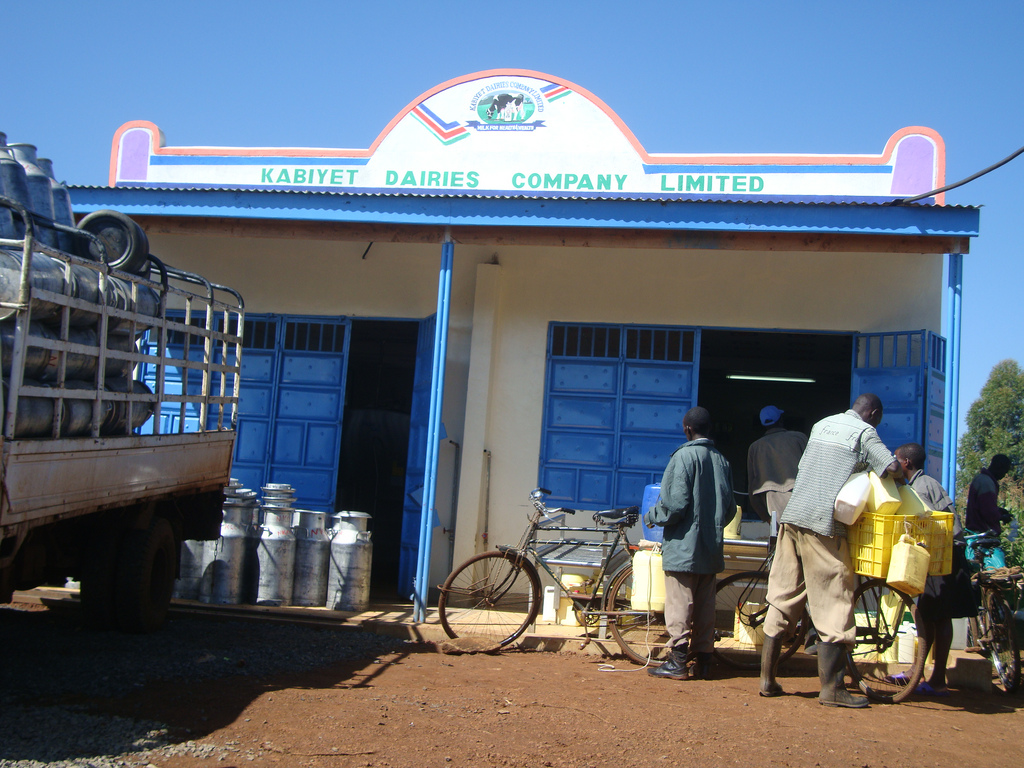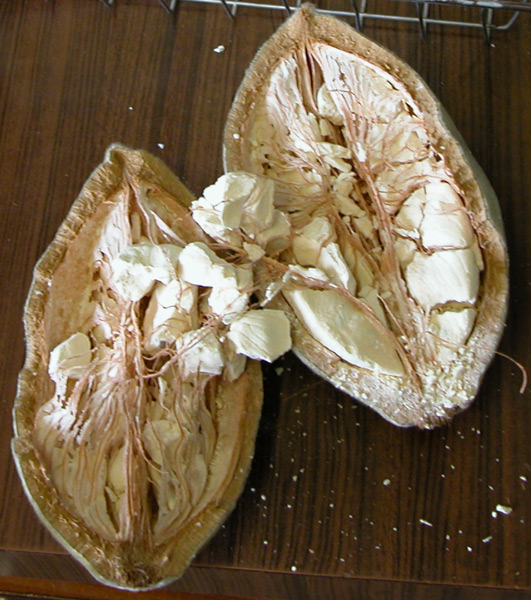
Kenyan farmers who join cooperative societies such as Ortum farmers’ cooperative society, to market their produce are more likely to double or triple their income due to improved bargaining power.
David Roron, an onion farmer in West Pokot County for instance, has increased his earnings from Sh120, 000 to Sh350, 000 per acre per season after joining the Ortum farmers’ cooperative society in 2014. Initially, bulb onions were not grown for commercial purposes in the region and prospective farmers depended on relief food as maize production was too low to sustain the families.
However, the Kenya Agricultural Productivity Project moved in to empower farmers in the area in 2015 enabling Roron and 1339 other farmers to jointly form a cooperative to market their produce. Since then, farmers have been educated on the best farming practices allowing them to increase production from four tonnes to eight tonnes of onions per acre. Joint marketing efforts have also helped the farmers improve their bargaining power earning Sh50 per kilo of onions up from Sh20.
Related News: Makueni mango farmer raises income through cooperative
Related News: 25 cooperatives behind Nyeri County milk boom
Farmers offloading milk at Kabiyet Dairies Company Ltd , a cooperative society owned by farmers in Nandi North
In Nandi, Cyrus Kitur, a dairy farmer has increased his milk production from eight liters in 2016 to 32 liters per day in 2017 from his two cows after joining Kabiyet dairies cooperative society. Through the society he was to learn of silage making technologies which assured him of enough feed for his cows every season. His income thus rose from an average of Sh240 per day to Sh960 after selling the milk through the cooperative.
In this, cooperative societies play an important role in reducing poverty levels, improving food security and generating employment opportunities.
According to a report by the Food and Agriculture Organization of the United Nations, cooperatives provide over 100m jobs worldwide with more than one billion members.
Cooperatives are associations of people who unite voluntarily to meet their common economic needs via a joint enterprise that enables them improve bargaining power.
Agricultural cooperatives play an important role in supporting small agricultural producers and marginalized groups such as young people and women. They empower their members economically and socially and create sustainable rural employment through business models that are resilient to economic and environmental shocks.
Related News: Cooperative insurer launches new project to cover over 250,000 Kenyan farmers with livestock microinsurance
In Kenya, cooperative societies have employed more than 300,000 people in the various sectors dominantly in the agricultural industry. The societies turnover in 2017 was Sh436bn representing 45 per cent of the gross domestic product (GDP) according to data from the Kenya National Bureau of Statistics.
“Cooperatives offer small agricultural producers opportunities and a wide range of services, including improved access to markets, natural resources, information, communications, technologies, credit, training and warehouses,” said Thomas Nyamongo, an agricultural extension Officer at the ministry of agriculture.
Write comment (0 Comments)
















